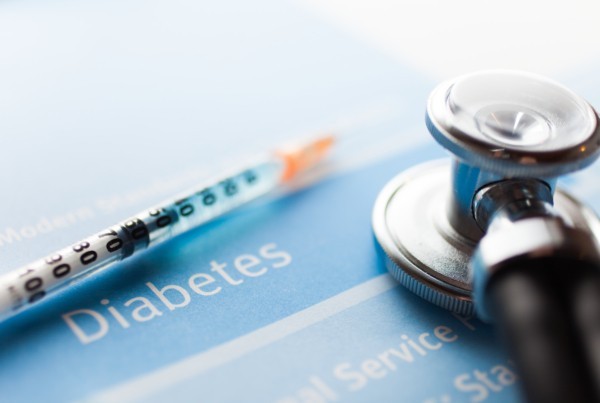Secondary infertility is the inability to conceive or carry a pregnancy to term after having a previous successful pregnancy without fertility treatment. As with primary infertility, the cause can originate from the female, the male, or even from a combination of factors in both. In this article, we’ll go over the possible causes of secondary infertility in men.
What are the causes of secondary infertility in men?
Conceiving the first time round might have been straightforward – but fertility isn’t a lifetime guarantee. Your lifestyle, age, certain medical conditions, and any medication you’re taking may all have an effect on your fertility. Let’s go into these in more detail:
Age
According to a study published in the Central European Journal of Urology, aging significantly impacts male sexual function, sperm parameters and fertility. Because of diminished sperm quality and quantity, it can take much longer to conceive and there’s also a higher chance of miscarriage. Antioxidants and anti-aging supplements can potentially increase fertility.
Varicoceles
Varicoceles are essentially the “varicose veins” of the scrotum. Experts believe that dilated veins increase local temperature and a higher temperature is harmful to sperm production. Varicoceles are responsible for about 1 in 5 male secondary infertility cases. In some cases, varicocele repair can improve your semen parameters and chances of conception.
Decreased Testosterone Levels
The majority of male secondary infertility cases are caused by low testosterone levels. This sex hormone plays a key role in the production of sperm, but it can decline with age, injury to the genital area, as well as with certain medical conditions, including thyroid disease, diabetes, respiratory failure, and some blood diseases. Emotional stress can also impact your testosterone levels.
In some cases, you can boost testosterone levels with lifestyle changes. Breaking unhealthy habits such as smoking, drugs and alcohol can restore your testosterone levels. Follow a healthy diet and aim for a healthy weight and find ways to reduce stress.
In the case of known or unknown medical conditions, schedule a visit with your doctor where you can go over your medical history and also discuss possible tests to identify the way forward.
Prostate issues
An enlarged prostate can lower your sperm count and make ejaculation difficult. If your prostate has been removed, it’s possible that sperm flows backward, severely limiting your chances of conception.
Medication
Some antibiotics and medication for conditions such as high blood pressure, fungal infections, arthritis, seizures, and urinary tract infections can impact sperm quality. Speak with your doctor to determine if medication is indeed the cause of the secondary infertility you’re experiencing.
Check your sperm quality at home
As we’ve seen, secondary infertility isn’t just a female issue. If you’ve been trying to conceive for a while now, consider checking your sperm levels. Yo Sperm Test provides you with important information on your viable sperm and reports a quality score, all in the comfort of your own home. You can then share your results with a professional who will help you identify the best way forward. Learn more about Yo Sperm Test here. Good luck!







